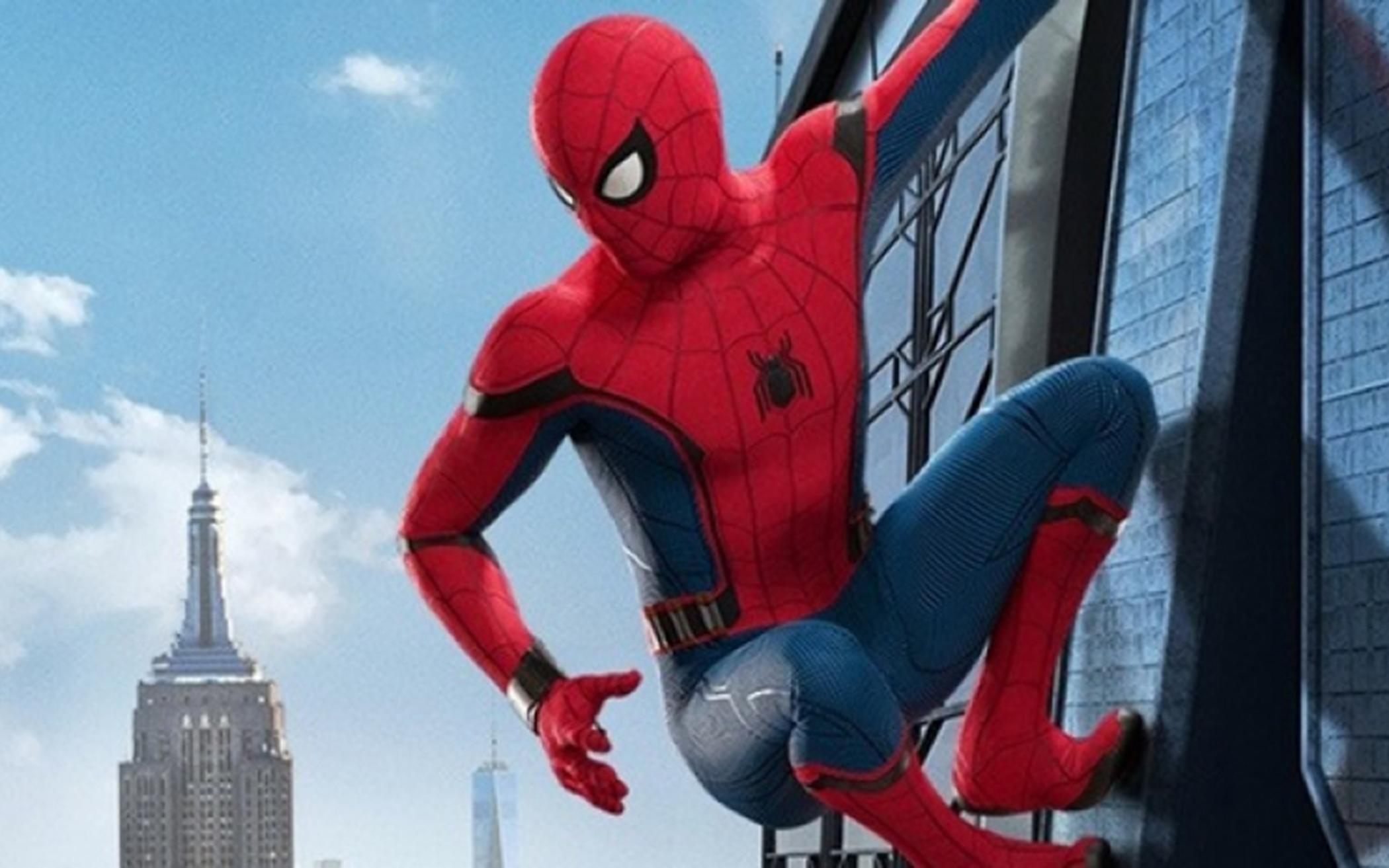This fresh, fun Marvel film cleverly walks (or swings) the line between falling predictably into the shadow of Avengers: EndGame and classic superhero spectacle.
Leaving Endgame, I wondered aloud to a friend, “How do you follow that up?” I, frankly, didn’t expect much of this film. In the movie, though, everyone has high hopes for our friendly neighborhood Spiderman.
Peter Parker (Tom Holland) returns to high school and being Spiderman after “The Snap”—villain Thanos’ destruction of half of life on earth and his ensuing defeat by the Avengers. This battle cost Tony Stark, Peter’s friend and mentor, his life. And now Peter is constantly asked, “Are you the next Iron Man?”
The safety of the world is a lot to put on the shoulders of a teenager. But The Snap is now called “The Blip,” and the world is looking for its next hero. The world has moved on; Peter just isn’t ready yet.
Stark chose Peter to be his successor, willing him a weaponized, drone-controlling A.I., EDITH, in a pair of aviator sunglasses. Stark’s image often appears looming over Peter throughout the movie. But Nick Fury (Samuel L. Jackson), iconic superhero handler, keeps interrupting Peter’s vacation and his attempts to tell M.J. (Zendaya) he likes her, to save the world. “That sounds like something for someone really important, like an adult,” Peter says.
Lucky for him, when elemental monsters threaten planet-wide destruction, Mysterio, a Superman-esque, chiseled-jaw in a cape shows up to save the day. Convinced he’s found the rightful protector of the earth, Peter gives him EDITH. But what if Mysterio, though he fits the classic superhero trope, is not what he seems?
Delightfully, unlike other films with high school-age characters, Peter, M.J., and their friends are truly young—awkward, silly, and a little disillusioned. In a character that has seen three reboots in the past 20 years, Tom Holland brings a quick, frenetic, impulsive true-heartedness that grounds Spiderman in a unique power beyond “spidey senses.”
To say the film is, sometimes, formulaic is itself a predictable critique. Commendably, the writers created a plot that pressured Peter to become Tony Stark, but they don’t try to replicate Ironman. Repetition is the foundation of summer blockbusters, but not this film, at least not in a way that detracts from viewers’ enjoyment.
The film is sharp. The humor consists mostly of sarcastic, quippy, almost meme-like remarks. Despite this, it has a keen undertone of loneliness and even desperation—a nonsensical disconnectedness conveyed in a plot that intentionally and repeatedly leads viewers to false conclusions. It’s a resonant tone for a generation where “fake news” is a buzzword and what you post on the internet is both 100% alterable and filtered and 100% permanent.
As one character says: “People need to believe something, and these days they’ll believe just about anything.” The film shows how innocence and this need for belief can be manipulated. It resolves it with the perhaps unsatisfying message to “trust your instincts”—a natural moral to a story about a boy who can sense danger.
Spiderman: Far From Home proves that the depth of character and thought that lend Marvel films their unique, Oscar-contender quality, will carry on. It also might demonstrate our wildest and most fun suspensions of disbelief are built on the very basic human need for truth and certainty, a gift of faith easily forgotten in a world of perpetually updated “truths.” (Marvel)
About the Author
Emily Joy Stroble is a graduate of Calvin College, art maker, mocha drinker, and reader of many books. A regular contributor to The Banner and perpetual student of the world, Emily lives in Grand Rapids, Mich.

